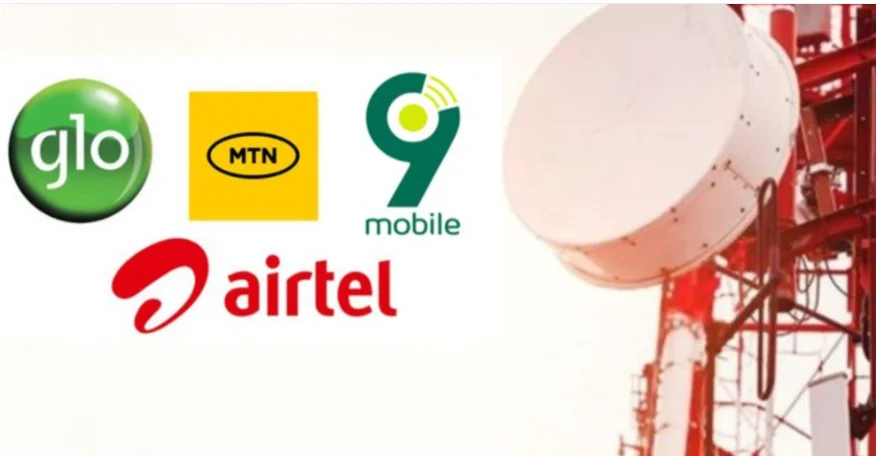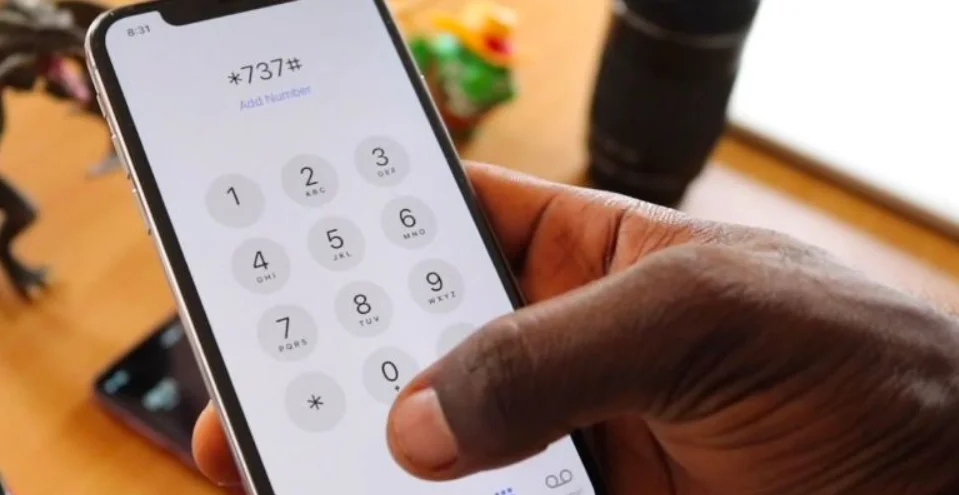Survival Challenges for Nigeria’s MVNOs
Telecom stakeholders have raised concerns that many of the 43 licensed Mobile Virtual Network Operators (MVNOs) in Nigeria may not survive in the long term.
Speaking at the sixth edition of the Telecoms Sector Sustainability Forum in Lagos, industry experts cautioned that without infrastructure investment, niche market targeting, and localised strategies, most MVNOs could fail to scale in a market already dominated by Mobile Network Operators (MNOs) like MTN, Airtel, Globacom, and 9mobile.
Only Half of MVNOs May Survive in Five Years
Chidi Ajuzie, Director of U.SK Mobile, predicted that only half of the licensed MVNOs may still be operational within the next five years.
“Too many people think that once you get a licence, the money will start rolling in. Without infrastructure and innovation, many MVNOs will die out quickly,” – Chidi Ajuzie.
Ajuzie noted that lower-tier MVNOs, who are expected to build parts of their own infrastructure, will face significant financial pressure. However, he also highlighted opportunities for innovative business models that could help them differentiate.
The Case for Niche Markets
Industry leaders advised MVNOs to avoid direct competition with MNOs and instead focus on underserved niches.
Drawing from global examples, stakeholders pointed to successful MVNO strategies in South Africa and India, where operators thrived by serving youth markets, migrant workers, and fintech services.
Tony Emoekpere, President of ATCON, stressed that the NCC introduced multiple MVNO licence categories to liberalise the market and provide consumers with more choices.
He cited Kenya’s M-Pesa as a model of telecom-enabled innovation that transformed financial access for rural and low-income populations.
“Designing a low-data package for POS machines in rural areas could be a game-changer. These terminals do not need broadband; a simple 2G network can handle them,” – Tony Emoekpere.
Local Realities and Policy Concerns
Olusola Teniola, Director at IPNX, urged MVNOs not to replicate European or American business models in Nigeria without considering local challenges such as affordability, rural connectivity, and infrastructure gaps.
“The biggest market is not the flashy smartphone users in Lagos. The biggest market is at the bottom of the pyramid,” – Olusola Teniola.
He also warned that heavy reliance on foreign-owned MVNOs could lead to capital flight and weaken local innovation.
The Bigger Picture
Reports show that the 43 MVNO licence holders spent N8.6 billion to secure their permits. While they will leverage MNO infrastructure to deliver telecom services, concerns remain over capacity constraints, as MNOs themselves face difficulties investing in network expansion due to Nigeria’s forex crisis.
This makes the future of MVNOs in Nigeria uncertain, unless they:
- Invest in infrastructure partnerships
- Target underserved communities
- Offer innovative, low-cost services
- Build sustainable local business models
Conclusion
The entry of 43 MVNOs into Nigeria’s telecom industry signals huge opportunities for innovation and digital inclusion. However, without clear differentiation, niche targeting, and adaptation to local realities, many operators risk fading out within the next few years.
For Nigeria’s MVNO sector to thrive, operators must focus on affordable connectivity, rural markets, and fintech-driven solutions—rather than competing head-on with established MNO giants.












